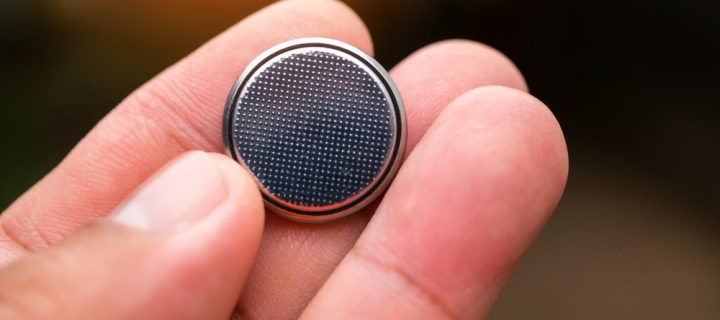Button batteries really are everywhere. From your fake candles, to key fobs, toys, watches, calculators, singing birthday cards and more, they’re pretty much ubiquitous.
The trouble is, while extremely useful, these tiny circular batteries can actually be deadly to anyone who puts them in their mouth. While most of us aren’t considering doing anything of the sort, babies, toddlers, and even pets often think this is a great idea. If you have button batteries around, as well as young children or animals, you should take special care to keep these devices out of reach.
More children are ending up in the ER
Young children experience the world through all five senses, learning in any way they can. For many, this involves putting things in their mouths. This is done to taste them and feel their texture. Really young children who are less than seven months old may place items in their mouths because this area has the highest number of nerve endings in their body. By putting a pencil or a hair tie in their mouth, a baby can really discover how it feels.
Thankfully, babies have a sensitive gag reflex that can send unwanted objects out of their mouths. Sometimes, however, the wrong thing slips down. When a button battery is swallowed, the results can be catastrophic. If not removed promptly, batteries like the 20 mm diameter lithium cell can burn a hole straight through a person’s esophagus.
Related: Polio was just found in NY waste water: what to do
These batteries can also cause death from complications. Vocal cords can become paralyzed, major blood vessels eroded, and more in as fast as two hours. Batteries inserted into ears can cause hearing loss and they can also cause severe damage to a person’s nasal cavities.
According to research published in the journal Pediatrics, battery-related injuries more than doubled between 2010-2019 from what they were between 1990-2009. There’s been an average of one battery-related emergency room visit in the US every 1.25 hours for children under 18, a report found. So, the danger is real.
How to avoid injury
You can take certain steps to help reduce the chances of your child swallowing a button battery in your home. First, don’t change the batteries in front of young children. Shiny things are attractive and you don’t want them to garner extra attention. When you do change the batteries, get rid of the old ones immediately. This can mean storing them in a box away from reach.
In addition, it’s a good idea to avoid purchasing products that only cover battery compartments loosely. Make sure the compartment requires a screwdriver to open and if it doesn’t, secure the closure with some tape to seal it against the prying fingers of young ones.
If your child does ingest a button battery, experts say you should get help immediately. Don’t try to induce vomiting as this can cause additional complications.
Call the National Battery Ingestion Hotline at 800-498-8666 right away. Don’t wait for symptoms to develop and take action immediately. You can prevent lasting damage and even save a life.
Button batteries are an increasing part of modern life and keeping your family safe is important. Stay informed and stay vigilant for the best possible outcome.
photo credits: Thammanoon Khamchalee/Shutterstock.com











